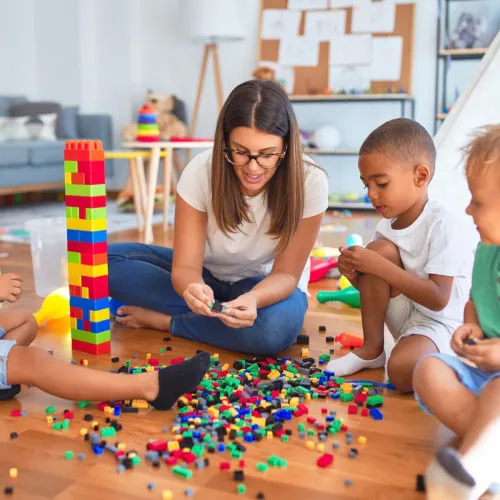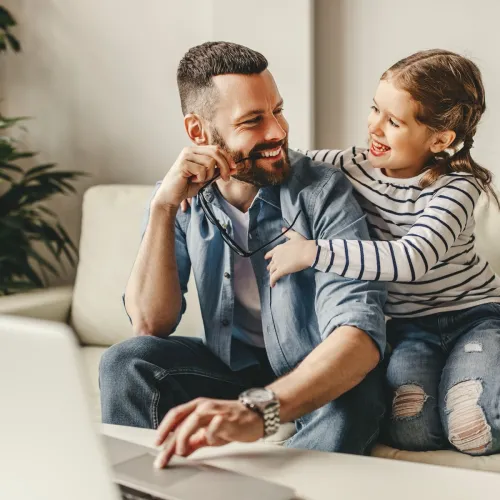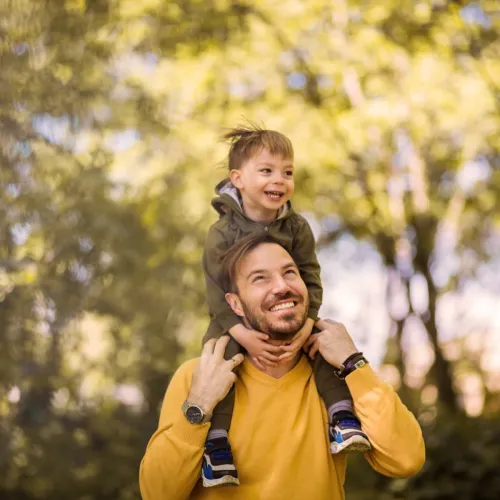Parallel Parenting vs. Co-parenting: Which Is Better for You Today?
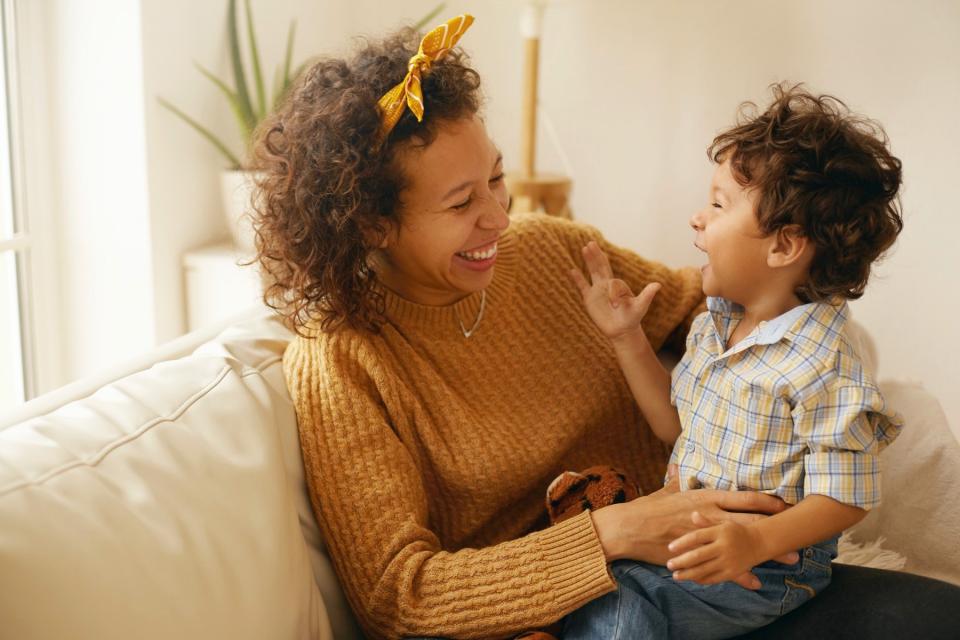
There’s no way around it — divorce has a way of shaking us to our core. Even in the most amicable splits, emotions are likely running high. And if you’re divorcing someone who you also have to parent with, those emotions can ramp up considerably.
It can be nearly impossible to think straight during these times, let alone make major decisions about how you’ll approach parenting after this major life change. Plus, everyone seems to have an opinion when it comes to parenting after divorce, and the weight of those expectations can feel — well, crushing.
It’s because of this stigma that some people try to be “best friends” with their former spouse or partner right out of the gate. This is what I did. And let me tell you… It blew up in spectacular fashion. What I didn’t realize at that time was this: it’s so important to take the time to heal first.
Don’t get me wrong… After you’ve done the work to heal, friendly co-parenting can be a healthy goal to aspire to. But for me, it took many years for my co-parent and I to fully separate.
We made a necessary shift to a parallel parenting approach so that we could heal and show up as better parents. Eventually, with the help of strong boundaries and lots of time, we were able to rebuild a healthy co-parenting relationship.
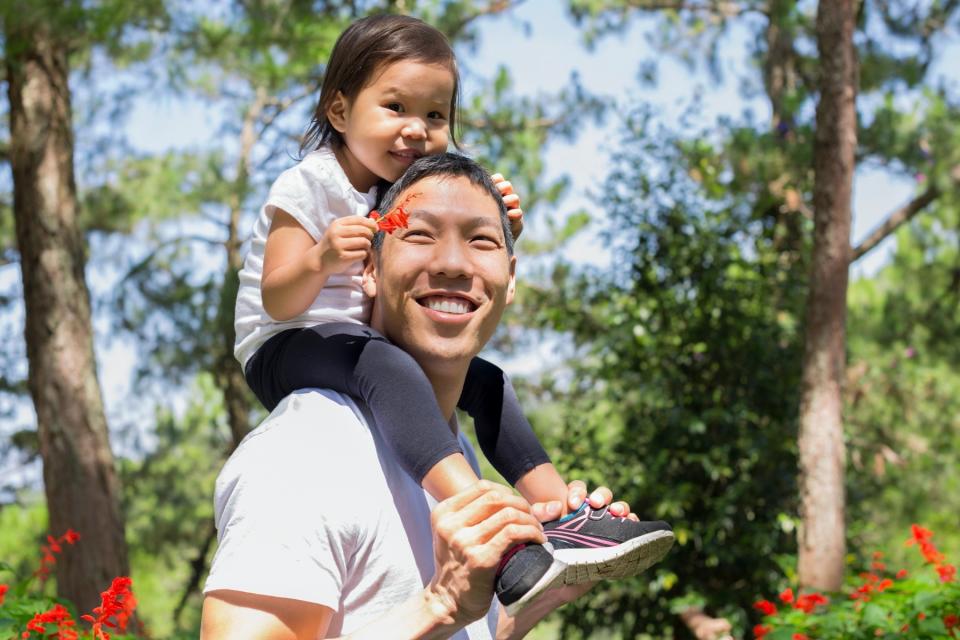
What is co-parenting?
Co-parenting is a collaborative approach to parenting after divorce. It’s when both parents can engage with each other and come together to make decisions. Communication is open and frequent, and both parents can co-exist at the children’s events and appointments.
Some people are shocked by this, but I talk with my co-parent every single day—about every appointment, about anything related to our son, really. Recently, we met up at a festival in our neighborhood and went together with our son as a family. We even all had lunch together on Easter.
We’re at a good place now. But it took us a lot of work to get here.
Co-parenting can be tricky at the start
If you jump straight into co-parenting, you lose the opportunity to individuate. It’s necessary to take time away from the partnership in order to redefine it later.
When you’ve been a couple for so long, you’ll need time to learn who you are, separate from who you were in your relationship.
Get your sea legs! Stand on your own two feet and discover your true beliefs. Learn to trust yourself. You’ll be able to step back into a new kind of partnership as co-parents with solid footing and a clear mind.
The boundaries involved in parallel parenting can give you the space you need to heal. And this is what enables you to show up as the best parent you can be.
What is parallel parenting?
Just like I did, many parents attempt a close co-parenting relationship at first, but they find parallel parenting just makes more sense.
With a parallel parenting approach, communication between parents is limited to discussing only what’s absolutely necessary for the functioning of the children. Contact is usually short and to the point.
This arrangement has many benefits for everyone involved, including:
Less conflict
When things are raw and painful between parents going through a divorce, communication can easily become volatile — even in the best of circumstances. Limiting communication tremendously minimizes the possibility of exposing your kids to conflict.
When children are regular witnesses to their parents’ fighting, it’s harmful to their well-being. An environment of constant conflict increases the risk of kids developing long-term psychological and emotional problems.
More quality time
When parallel parenting, children get to maintain loving relationships with both parents. Since the parents are mostly detached from one another on day-to-day decisions, their time and attention can be invested in the children instead of arguing and negotiating.
Reduced stress
With less direct contact between the parents, there’s less room for stress. It’s simple: you’re parenting on your time, your co-parent is parenting on their time, and you only come together when it’s necessary to make a specific decision when it comes to the kids. There are ground rules for birthdays, appointments, and events, which minimizes the amount of time you’ll be around each other.
Space and time to heal
Divorces are incredibly traumatic. It can be challenging to heal when you’re constantly feeling triggered around your former spouse or partner. You split up for a reason, and being around that person can keep your body in fight or flight mode.
No healing can happen when those intense feelings are constantly kicked up. The distance at the root of parallel parenting gives both of you time to respond to triggers proactively instead of reactively.
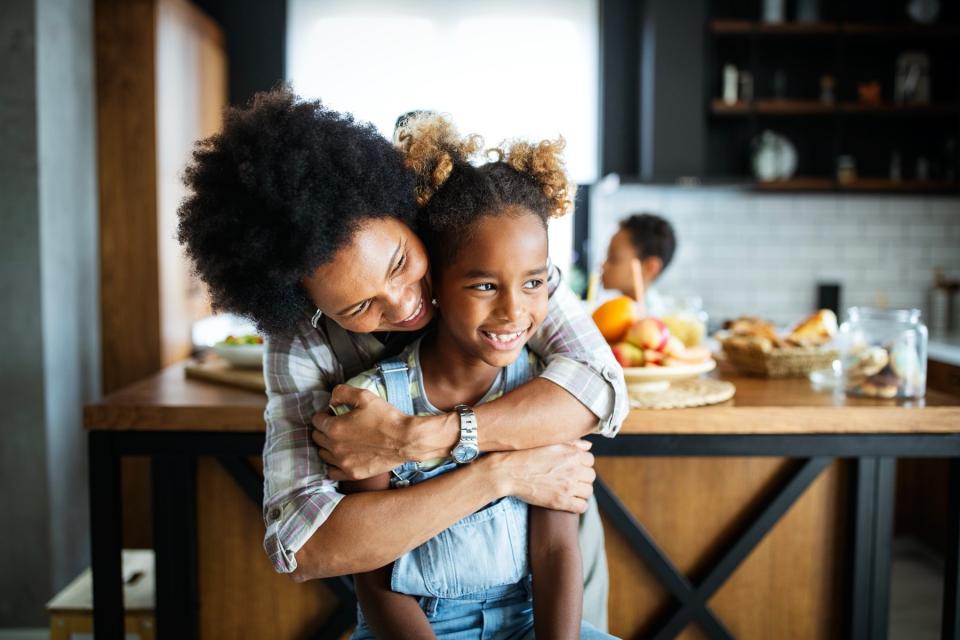
Building boundaries while parallel parenting
People often ask me, “How did you become such good friends with your co-parent?” They don’t believe it can happen. But they’re comparing the beginning of their divorce with my divorce 13 years later. I’ve had a chance to figure things out.
Based on my own experience, what I’ve figured out is this: the best way to achieve a healthy co-parenting relationship is by beginning with a foundation of separation and really strong boundaries in the form of parallel parenting.
A great way to enforce those boundaries is by using a co-parenting app like OurFamilyWizard. In the app, all communication is streamlined and well-documented. You’ll find peace of mind knowing your conversations are monitored — which makes it possible for them to be submitted to court, if necessary.
This style of communication also allows for breathing room between interactions. No more high-conflict phone calls where your emotions get the best of you. No more real-time outbursts.. When you have time to cool down, you’re able to think rationally and respond calmly.
All in all, the breathing room that you get from parallel parenting gives you and your co-parent time to truly consider what a co-parenting partnership should look like for your family. Parallel parenting only needs to be your arrangement for as long as it makes sense for you, your co-parent, and your kids. It’s not a permanent arrangement, which is the beauty of parallel parenting, my friend.

